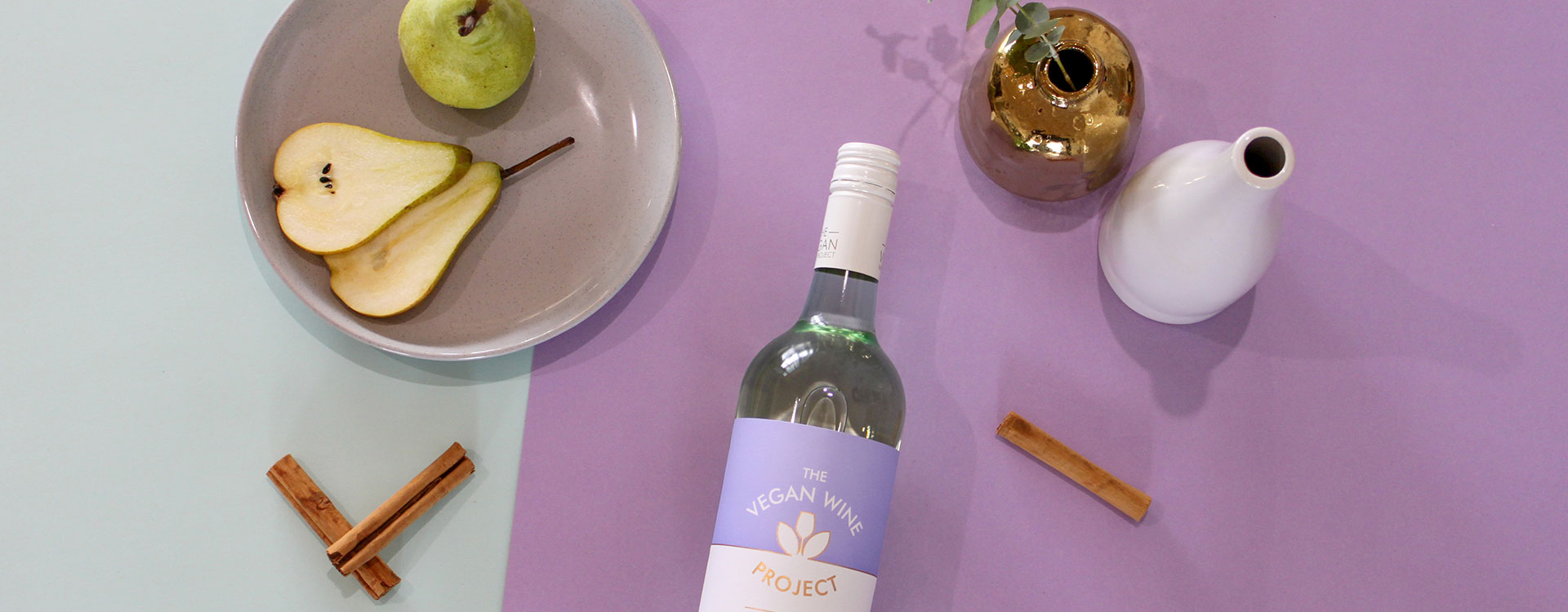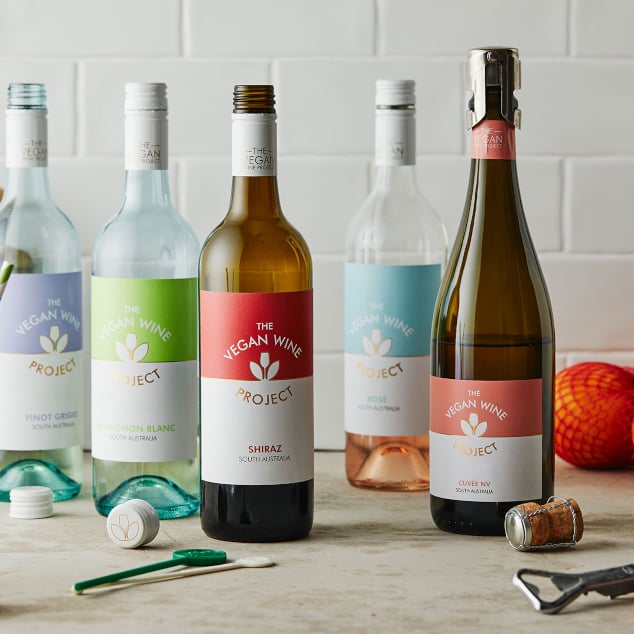
Did You Know That Not All Wine Is Vegan?
Hold on, how is wine not vegan? Isn’t it just a few squashed grapes? Actually there’s a lot more that goes into it than that. It isn’t necessarily the ingredients that stops most wine from being vegan, but rather steps in the winemaking process to make a conventional wine.

Conventional wine making processes
At Yalumba, we like to plan ahead. We either hand pick or machine harvest our grapes, knowing in most instances, almost exactly which grapes go into each wine before we even pick them!
To ensure maximum colour and flavour in our red wines, the grapes are crushed and then the juice is left to sit with its flesh, skins and seeds. On the other hand, to minimise skin contact of our white wine grapes, they are typically crushed and pressed immediately. And Rosé is a magical blend of the two! It’s treated like a white wine, but once crushed it is left in contact with the skin for a short time, until the juice gets that perfect Rosé colour.
Fun fact: There are only three wine grape varieties in the world that have both dark skin and dark flesh, all other red grapes are greenish clear on the inside, meaning all the colour in your glass comes from the skin! So, what we’ve learned here is just like humans, grapes are all pretty much the same on the inside - it’s what happens on the outside that makes us different.
We like to let the terroir and quality of the grapes speak for themselves and they have a lot to say, so we make as few additions as we can during and after fermentation. All of our Vegan Wine Project wines are wild fermented, which means we allow the natural yeasts present on the grapes in the vineyard to ferment the juice into wine, rather than add yeast cultured at the winery. Yeast may sound a bit icky, but in winemaking it’s your friend. This is the catalyst for taking the sugars in what is essentially just grape juice and converting it into alcohol. Alcohol fermentation will usually take around one to three weeks, give or take, depending on the variety and style.
Some will then pop this funky, cloudy, fizzy liquid into wooden barrels, vats or straight up bottle it and allow it to age. All this rewards you with something that’s almost ready for drinking and is probably still vegan by this point. But then comes the part in question, the fining or clarification.
What is fining?
Fining, also known as the clarification process, is where a ‘fining agent’ (traditionally an animal product) is added to the wine to bind to elements in the wine that the winemaker would like to remove. This binding makes the elements heavy enough to sink to the bottom of the vessel, so the clear wine can be siphoned from the top and then passed through a filter to catch any lingering solids. Typically fining gets rid of cloudiness, as fermented grape juice, while fine to drink, isn’t always appealing on the eye. However it also removes unwanted flavours and smells and creates a smoother mouth feel. Unfortunately, animal-based fining agents can strip good flavours out too.
Traditional fining agents are things like gelatin, egg whites, isinglass (dried fish bladders), casein (from mammal milk) and skim milk. Yes, you did read that correctly - fish bladder.
Really, we should be impressed that folks from hundreds of years ago came up with these intricate and ingenious ways to make grapes into the beverage we know and love today.
However, even for the non-vegans out there it becomes pretty clear that once you’re aware of the standard or conventional winemaking process, it sounds kind of unappealing.
What do we use to make our wines vegan?
At The Vegan Wine Project we worked hard to find alternatives, that just so happen to be, well, vegan.
While we do still use some fining agents like bentonite clay and natural carbon, we actually don’t need to add much at all. We have spent decades working with our vineyard teams and growers ensuring our vineyards are as healthy and biodiverse as they can possibly be, so that when the grapes are delivered to the winery to be crushed, they are in optimum health. This contributes greatly to making wine with minimal intervention, and therefore no need to add extra fining agents to strip out any nasties, because there are so few to begin with.

So, does vegan wine taste the same as ‘normal’ wine?
Absolutely. In fact, we think it actually tastes better. By removing a lot of the needless extras we’ve found things to be clearer - which is a good metaphor for both wine and life, don’t you think?
We find The Vegan Wine Project wines have a more robust flavour and texture than their non-vegan counterparts.
Simply put...
We’re leaving more of what nature has created, the viticulturists have nurtured, and the winemakers crafted, in the wine. We’re doing less, adding less, yet making something that has so much more to offer.






